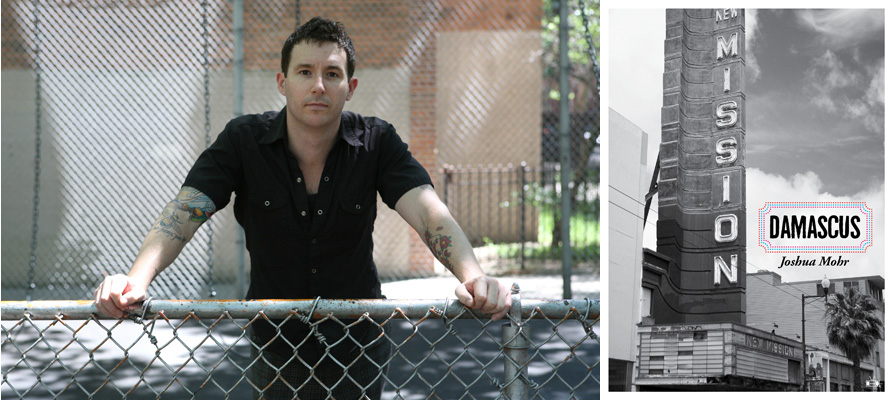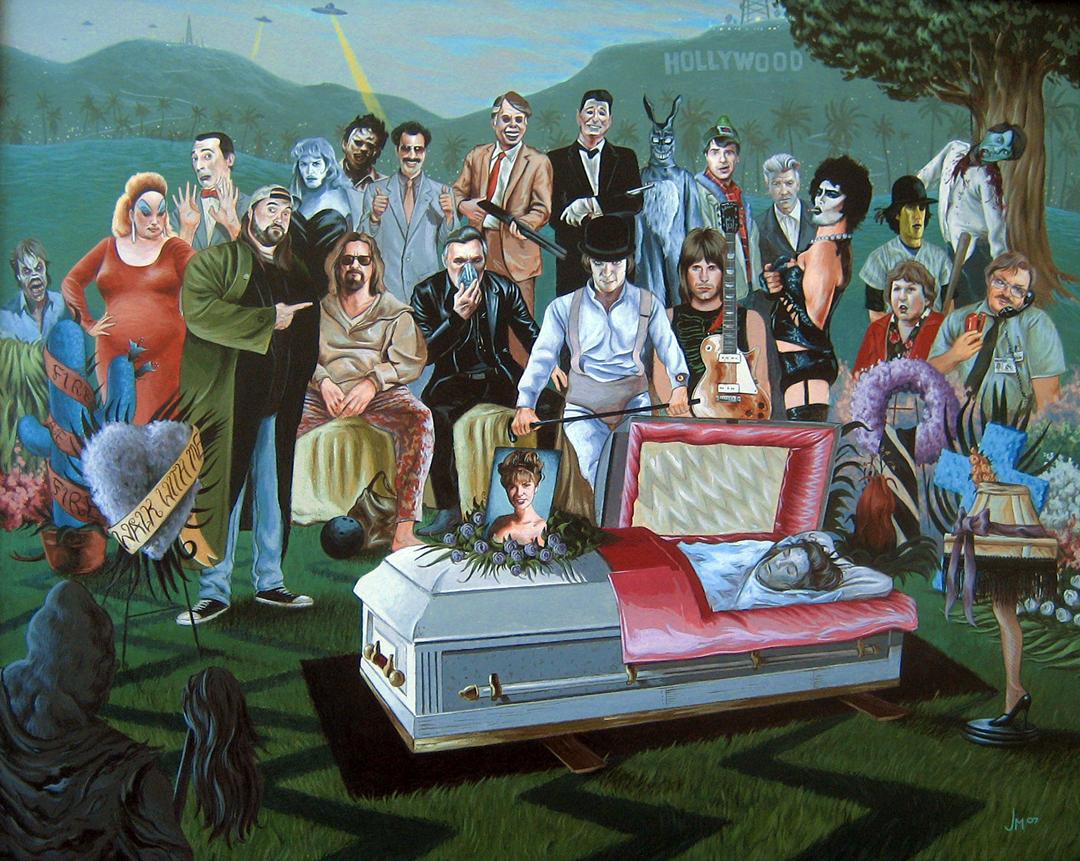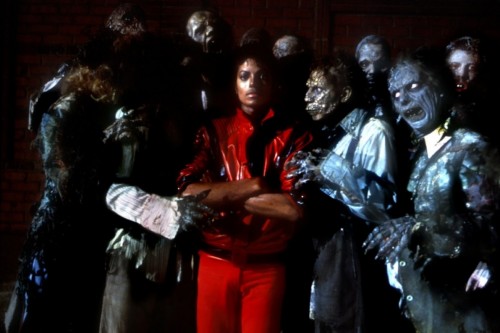“It’s a lifestyle, it ain’t only a music choice.”
“Do what you gotta do, don’t gotta hate on people because they’re different.”
“I do whatever the fuck I want and don’t give two fucking shits.”
“I am fucked up on E and vodka.”
“I got fucked up.”
“It was a fucking spectacle and shit and I don’t give a fuck because it was righteous.”
“I can cook like a motherfucker.”
“I’m a happy motherfucker living life day to day.”
“Most people think I’m on drugs because I’m always happy.”
“It’s a puzzle and each and everyone of us is an integral piece.”
“It actually really burns, I’m not going to lie.”
“Keep it trippy. Legalize everything.”
“The gathering don’t stop. You do.”
“It’s the greatest.”
“I’m still fucking here.”
“Life is something special that you can only have one time. Enjoy the shit out of it.”
“We have alcohol and we’ve got explosives.”
“We just drank a little bit. Probably get all stoned, smoke some hash and fucking chill, do it all again the next day.”
“All of us have jobs.”
“Being a juggalo does not mean you’re not fit for society,”
“I’m insane. I like to stab people, know what I mean?”
“I’m showing my titties to everyone.”
“Why am I a juggalo? Because that’s who I am. That’s how I was born.”
‘There is no bigatory in juggaloism.”
“True life is inside your soul.”
“WOO WOO!”






